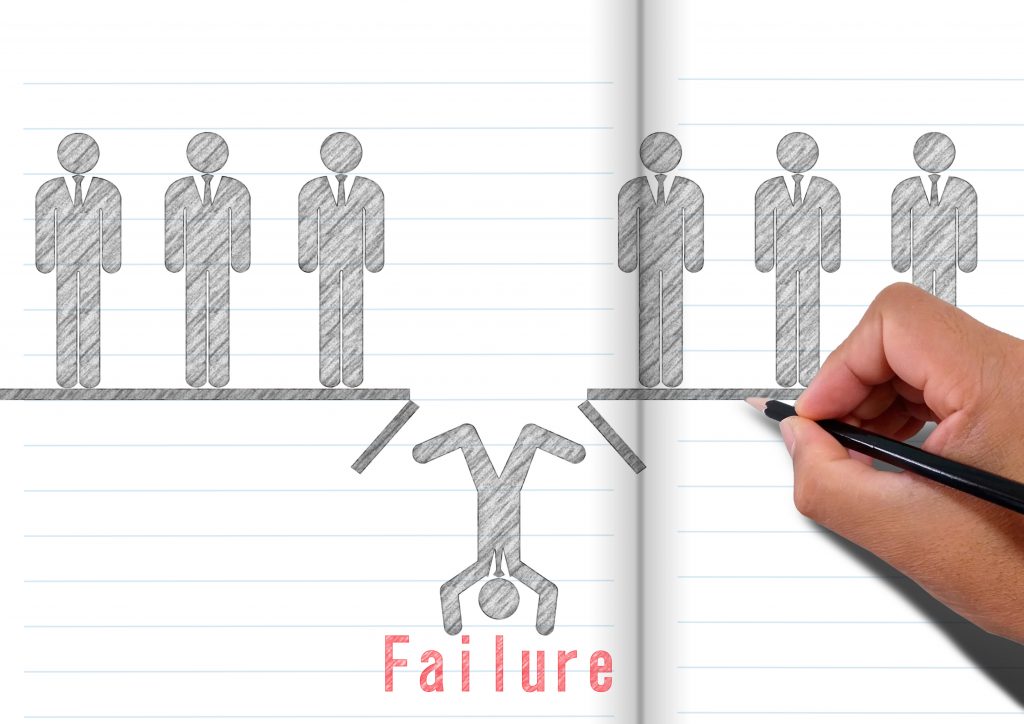Jensen Huang delivers a straightforward message to aspiring individuals striving for “greatness”: No pain, no gain.
During his recent address at Stanford University’s Stanford Institute for Economic Policy Research, the CEO of Nvidia shared insights with students, emphasizing the importance of resilience in the pursuit of success.
“Greatness is not synonymous with intelligence. It stems from character, which isn’t cultivated solely by intellect, but by enduring hardships,” Huang articulated, responding to inquiries on optimizing chances for success.
Huang’s understanding of achievement is deeply rooted in personal experience. In 1993, he co-established Nvidia, a prominent computer chip company, assuming the role of CEO for over three decades.
The company’s remarkable growth propelled Huang into the realm of billionaires. Presently, with Nvidia’s chips in high demand for AI software development, the company boasts a valuation surpassing $2 trillion, solidifying its position as one of the world’s most valuable entities.

With an estimated net worth of $77.6 billion, Huang’s wealth ranks him among the globe’s wealthiest individuals, as reported by Bloomberg.
Central to Huang’s narrative is the indispensable quality of resilience, which he asserts enhances the likelihood of achieving success.
During his engagement with Stanford students, he recounted personal experiences illustrating the resilience requisite for spearheading and managing a company of such magnitude.
“People with very high expectations have very low resilience,” Huang emphasized, highlighting a personal advantage stemming from his modest expectations. Reflecting on the mindset prevalent among many Stanford graduates, he noted that elite education often fosters lofty expectations.
According to Huang, individuals harboring excessive expectations may lack resilience, as they’re unaccustomed to or ill-prepared for failure. “Unfortunately, resilience matters in success,” he remarked, candidly admitting his inability to impart this quality other than through the experience of adversity.
Psychologists widely concur that building resilience is pivotal for future success. Research suggests that resilient individuals possess the fortitude and confidence to confront challenges and rebound from setbacks.
Huang’s journey with Nvidia exemplifies the significance of resilience. In 1996, the company teetered on the brink of collapse amid fierce competition from other chipmakers, compelling Huang to make the difficult decision to lay off over half of the workforce.
This trial prompted Huang to refine his market acumen and attune to consumer demands. He recounted to Fortune in 2001 how this adversity led to a strategic shift, abandoning previous technologies in favor of a new chip model that ultimately catapulted Nvidia to success.
Even today, Huang embraces the notion of “pain and suffering” within his company, albeit with a sense of satisfaction, as it serves to cultivate the character of the organization.
“You want greatness out of them,” he remarked to the Stanford students, underscoring the transformative power of adversity in fostering resilience and achieving excellence.
“Build a ‘tolerance for failure’ so you can innovate and succeed,” Huang advocates, underscoring the importance of managing expectations to navigate the challenges ahead.

He suggests that maintaining modest expectations can mitigate the shock of encountering obstacles, as it prevents one from being blindsided by adversity. Despite Nvidia’s substantial achievements, Huang remains vigilant, acknowledging the possibility of failure.
According to Huang, effective leadership entails a constant awareness of a company’s vulnerability to collapse. “If you don’t internalize that sensibility, you will go out of business,” he cautioned in October, highlighting the necessity of anticipating and addressing potential pitfalls.
Moreover, embracing the prospect of failure fosters a “tolerance for failure,” enabling individuals to overcome the fear of setbacks that might otherwise hinder success.
In an earlier address to Stanford students in 2011, Huang stressed the correlation between failure tolerance, experimentation, innovation, and ultimately, success.
“Unless you have a tolerance for failure, you will never experiment, and if you don’t ever experiment, you will never innovate,” he asserted. “If you don’t innovate, you don’t succeed.”
In this context, Huang encourages the next generation of students to embrace challenges as opportunities for growth. Addressing a recent cohort of undergraduates, he expressed his desire for them to encounter their trials, believing that adversity builds character.
“For all of you Stanford students, I wish upon you ample doses of pain and suffering,” he remarked, highlighting the transformative potential of overcoming hardships in achieving personal and professional fulfillment.